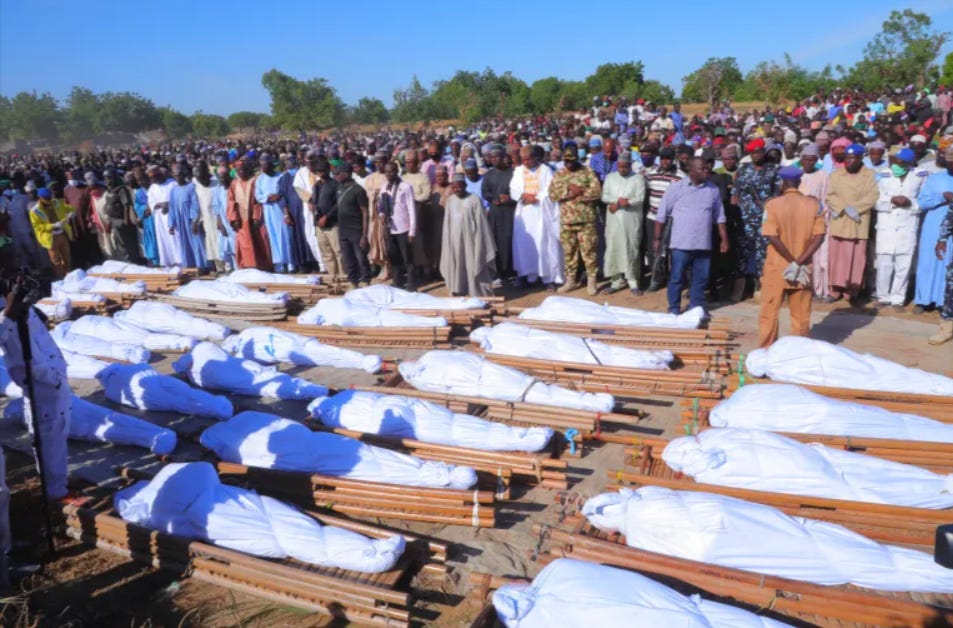Is There a Christian Genocide in Nigeria? Intelligence Analysis of the 2025 'Country of Particular Concern' Designation

Ujasusi Blog’s West Africa Monitoring Team | 22 November 2025 | 0915 GMT
🔓FREE ACCESS
Please consider becoming a paid subscriber
You can also donate.
I. Executive Summary
The diplomatic relationship between the United Stat…

